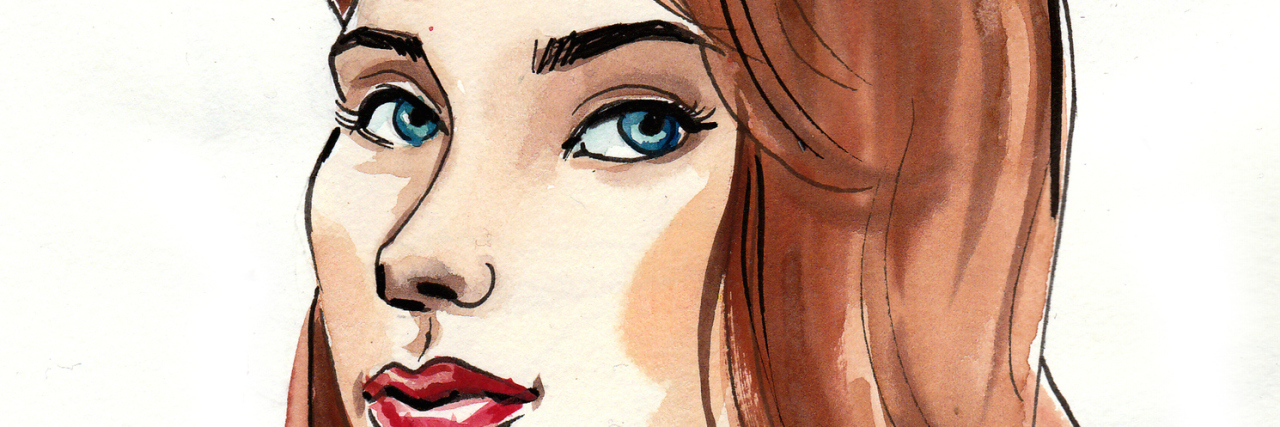I’ve always been anxious.
I was an anxious child, an anxious teenager, and now I’m an anxious young adult. When I was first diagnosed, my physical symptoms were so overwhelming that I barely noticed my cognitive ones. Now, three years later, my physical symptoms are becoming manageable, but that also means I have a ton of cognitive symptoms I didn’t even realize I had! During these times of change and peeling back the layers of my anxiety can be tricky, because I have to become acquainted with my disorder all over again.
Over the years, my anxiety has shifted a lot. It has morphed, rebelled and fluctuated, and each time it does, I have to learn new symptoms (or old symptoms in new disguises) and relearn how to recognize my own anxiety.
Here are a few tips on how to deal with anxiety when it changes on you:
1. Write it all down.
If you feel overwhelmed, write it down. If you can’t find the words, write that down. Seriously, just start writing whatever comes to mind until something coherent comes out.
When my anxiety morphs on me, I often find myself feeling intensely overwhelmed all the time, but I can’t identify why. I can’t figure out what on earth is making me so overwhelmed, and the primary reason for this is that my anxiety is presenting itself in a new way. Because of that, I couldn’t foresee it and I’m less prepared than I usually would have been. Writing helps me begin to process what I’m feeling. Even if I can’t find the words to describe what’s going on in my head, I just begin by writing exactly that. Eventually, something that makes sense comes out on the page, and I have a place to start.
2. Incorporate more silence into your day.
Because I have such a noisy mind, you would think I would relish spending time in silence. Instead, I often distract myself from the noise in my brain by filling my environment with different noise, like music. While this can be helpful and sometimes make me more productive, an excess of noise without any breaks for silence can overwhelm me completely by the end of the day. This is especially true when I’m experiencing any kind of change or transition in my mental health.
Incorporating silence into my day by taking out my earphones, turning off the music and turning off the TV creates a better atmosphere for self-awareness. It helps me relearn warning signs that my anxiety is building up and become aware of any triggers in a new environment.
3. Take it easy. But be strict about it.
There are certain things I avoid as a rule. For example, coffee. But, every now and then, if my anxiety is particularly low, I might indulge myself in a macchiato as a special treat. But, if I realize my anxiety is changing in any way, then now is not the time for cheating. During those times, I stick to water and tea, I take a nap if my insomnia is especially bad, I avoid making new or unnecessary commitments, and I stick to my schedule.
When undergoing any kind of change, it can be tempting to indulge myself or break from routine as a way of coping. But I’ve learned the hard way that a time of change is a good time for rules. If you’re experiencing a time of change or transition, then it’s probably a time to be disciplined. Coffee tastes good, but it’s only going to increase my palpitations. Sleeping in is fun, too, but breaking routine will ultimately make me more anxious. Those small indulgences will bring me more anxiety than they will relieve.
Take good care of yourself, but know yourself. Don’t indulge in something if it’s going to cost you in the long run.
Change is inevitable, whether it’s change in job or location or a purely internal change in your mental health. I change over time, and so does my anxiety. Eventually, though, the changes begin to feel natural. They ebb and flow with my life, and the best thing I can do is take a breath and accept them, rather than trying to force my anxiety into a box.
We want to hear your story. Become a Mighty contributor here.
Thinkstock photo via berdsigns

